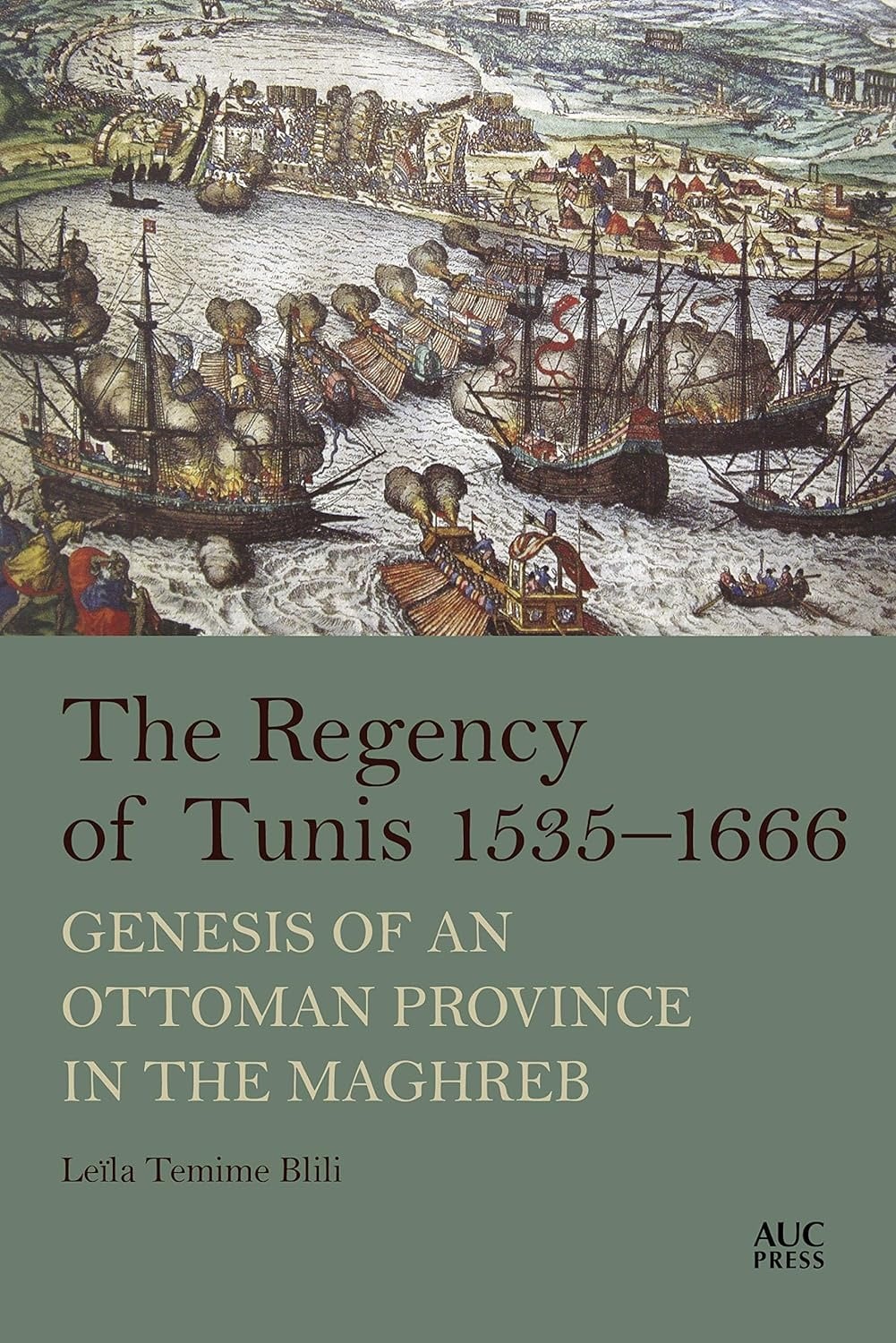This informative study of the birth of modern Tunis revaluates the 16th century Ottoman conquest of Ifriqiya, a region stretching from modern-day western Libya to eastern Algeria. Ruled since the 13th century CE by the Hafsids, an Arab-Berber dynasty, the area’s subsequent transition into an imperial province, the
Regency of Tunis, was gradual. Although Ottoman armies invaded in 1534, Blili contends the true conquest came in the following decades as settlers arrived from across the Ottoman Empire. This new urban class—composed of Muslim Turkish immigrants from the Anatolian plateau and former Christians who had converted to Islam after being captured by Ottoman pirates—became the social elite. Strategic alliances and marriages with influential Hafsid families made it possible to climb to positions of authority and amass concentrated economic power. In this respect, Blili finds, the conquest emerged from within, and not without, as previous historians have recounted.

.png?cx=0.44&cy=0.65&cw=382&ch=487.6595744680851)